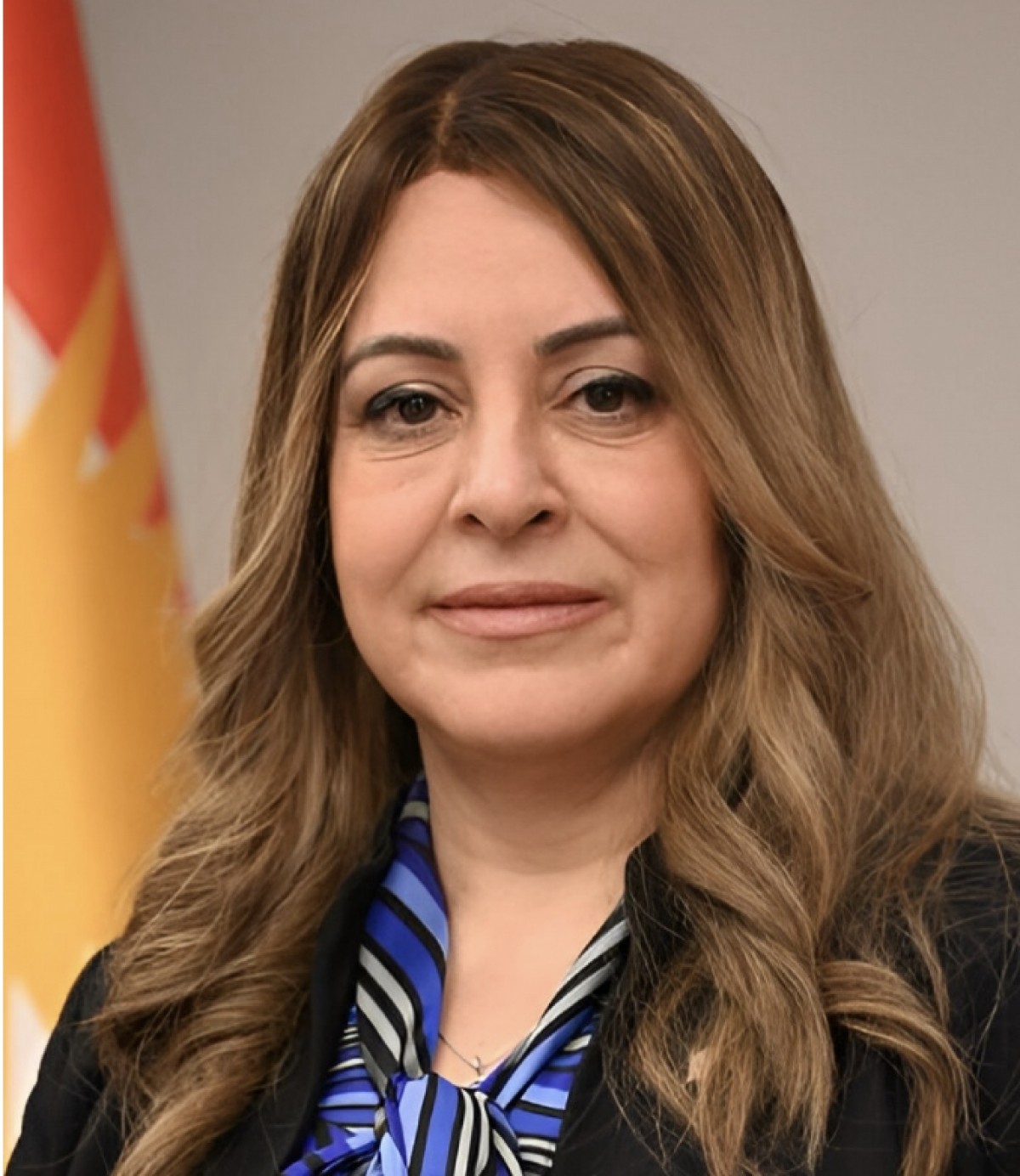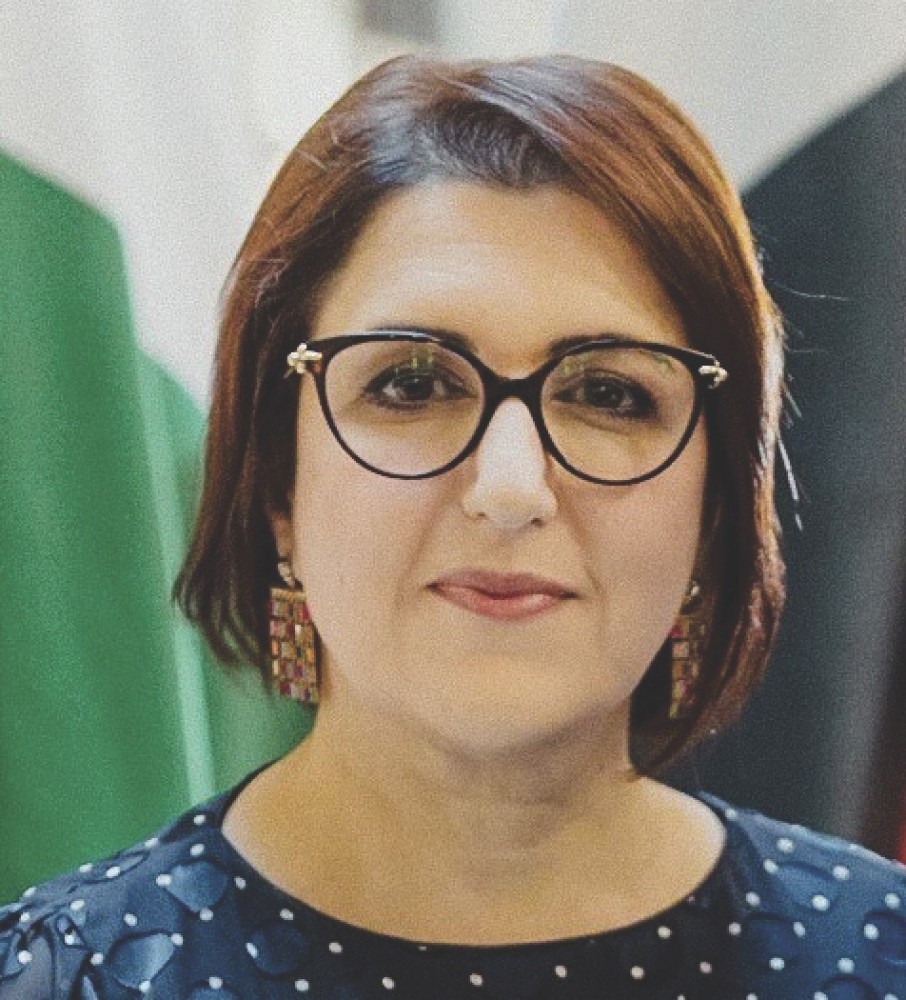Modern Iraq – the borders of which were drawn by British colonialism in 1921 – is vastly different from the ancient Iraq described in history books. The British merged various regions into modern Iraq, resulting in a non-homogeneous entity without historical ties to ancient Iraq.
Iraq transitioned from the Ottoman Empire’s backwardness to a modernized state under British colonial rule, with three key pillars: a strong military, semi-functional democratic institutions including a parliament, and King Faisal I. The political system was based on an alliance of two major components, the Kurds and Sunni Arabs, with the Shi’a population remaining marginalized as a legacy of the Ottoman era. As a result, the British envisioned a stable Iraq based primarily on the Sunni-Kurdish alliance.
This Sunni-Kurdish alliance appeared to be effective at first. King Faisal hoped to gain the Shi’a majority’s support for the new Iraqi state. Minorities such as Jews and Christians coexisted with the general Iraqi population and were active in state administration.
However, several issues plagued this political system, stemming from structural flaws in Iraq’s formation and evolving Middle Eastern politics. The addition of territories such as Mosul, Basra, and Kurdistan caused friction and separatist aspirations, undermining the initial balance. Furthermore, the
British established the Iraqi army alongside the state, leading to a lack of loyalty among officers, whose allegiance to the Iraqi state was uncertain. The king's non-Iraqi origins further complicated matters.

Enter Arab nationalism
European nationalism and militarization influenced Middle Eastern politics in the 1930s, giving rise to Arab chauvinism in Iraq, particularly within the military. Arab nationalist officers targeted Kurds, causing a schism in the Sunni-Kurdish alliance and undermining the legitimacy of the Iraqi state. This shift resulted in numerous coup attempts, the first of which was carried out in 1935 by Iraqi officer Bakr Sidqi.
As a result of their growing marginalization, the Kurds began organizing, leading to conflict with the Iraqi Army. The military’s determination to overthrow the monarchy was fueled by the British suppression of an anti-British, Nazi-backed Iraqi Army coup d’état in 1941 and the restoration of the monarchy by the British and the execution of the coup’s leaders thereafter.
The establishment of Israel in 1948 led to a surge in Arab nationalist movements, which advocated for the overthrow of monarchies and the rise of military regimes across the region. The successful 1953 Free Officers Movement in Egypt, spearheaded by charismatic leader Gamal Abdul Nasser, inspired Iraqi officers to overthrow the monarchy in 1958, marking the end of the Sunni-Kurdish alliance.

From 1921 to 2003, Iraq experienced 10 coup attempts, some successful and others not. The most significant was the Ba’ath Party coup in 1968, which transformed Iraq from a military authoritarian state into a totalitarian regime. The Ba’ath regime targeted dissidents, particularly in Kurdistan, where most Iraqi opposition movements were based.
Saddam Hussein’s ascension to power in 1979 amplified Baghdad’s oppression. During the Iran-Iraq War, attacks on Kurdistan increased, culminating in the 1988 Anfal campaign, which killed an estimated 180,000 Kurds and destroyed 6,000 villages. Hussein's disastrous invasion of Kuwait and the subsequent Gulf War triggered mass migration, resulting in the establishment of a no-fly zone in 1991 and a de facto semi-independent Kurdish state until 2003.
Wars and embargoes
The 1990 invasion of Kuwait and the UN embargo highlighted Iraq’s status as a failing state.
Recognizing Iraq’s precarious situation, the United States and the West sought a democratic solution in Iraq that would allow majority rule. Despite Shi’a majority in the country, the United States hesitated to support the community due to concerns about its connection to Iran. Iraqi politician Ahmad Chalabi convinced U.S. policymakers that the Shi’a could become U.S. allies, diverting attention from Iran. The 9/11 attacks spurred the United States to support more tolerant forms of Islam, with Chalabi portraying Shi’a Islam in this light, arguing that the Shi’a, having been historically oppressed by Sunni regimes and extremist Arab states, could be a key ally.
However, two obstacles remained. First, as an exile, Chalabi lacked a substantial popular base in Iraq. Second, Washington questioned Shi’a loyalty, fearing that after Saddam’s fall, they would align with Iran. Because of the Kurds’ widespread acceptance in the West and their control of an autonomous region, they emerged as ideal guarantors.
The Kurds were critical to the 2003 U.S.-led invasion of Iraq and subsequent federal template for regime change; without the Kurds, it might not have happened. Federalism, which would disperse power and oil wealth away from Baghdad, was viewed as a solution to Iraq's problem of centralization and a means of preventing dictatorship.
The Iraq Liberation Act of 1998 marked a breakthrough for the Iraqi opposition. Despite setbacks like “Dual Containment,” which temporarily ended confrontation with Saddam’s regime, the act laid the foundation for regime change. Chalabi and the Kurds played pivotal roles in securing this resolution.
After the 2003 liberation, U.S. officials in Baghdad underestimated Iraq’s political complexity, and the decision to declare an occupation in May 2003 gave legitimacy to terrorist attacks. The Kurdistan Region of Iraq (KRI) remained peaceful, but the rest of Iraq plunged into chaos. The focus therefore shifted from reconstruction to force protection and counterterrorism.
A federal future?
The Iraqi constitution was drafted in the Baghdad home of former KRG President Masoud Barzani and was a significant milestone. Despite challenges, the Shi’a-Kurdish alliance held, and the constitution endorsed federalism. Meanwhile, the KRI served as a model for the entire country, allowing for an easy transformation of provinces into federal states and the granting regional control over future oil fields. The constitution gained legitimacy through its diverse writers, endorsement by the marja’ (high-ranking Shi’a religious clerics in Najaf), and a direct popular referendum.
However, the constitution faced internal and external opposition. Ba’athists and terrorists saw it as a threat, while Iran sought to undermine it. The focus of the Shi’a leadership shifted from Kurdish allies to adversaries, eroding the political matrix. The political system became dysfunctional, with democracy reduced to vote counting and meaningless elections. The KRI thrived but faced increased attacks by Iran’s proxies.
Iran's interest in Iraq was twofold: it wanted to (1) suppress ideas of federalism and democracy that might spread to Iran and (2) maintain control of Iraq. President Masoud Barzani emerged as a threat to Iran, not because he was anti-Iran but because he represented an independent Kurdistan.
In conclusion, Iraq’s fragmentation can be traced back to its formation, marked by a fragile Sunni-Kurdish alliance that quickly dissolved. Multiple coup attempts, external wars, and oppressive regimes characterized its history. The United States and the West sought to address Iraq’s issues through democracy and federalism, with the Kurds playing a crucial role.
However, the political matrix crumbled under Iranian influence and the misunderstandings of U.S. officials. The path forward for Iraq may rely on embracing federalism and recognizing the Kurds’ pivotal role in its stability.
Without federalism and decentralization, Iraq will fragment and eventually cease to exist.
Entifadh Qanbar holds the roles of founder and president of two 501(c) (3) non-profit entities in the United States: Future Foundation and the Kurdish Protection Action Committee (KPAC)

